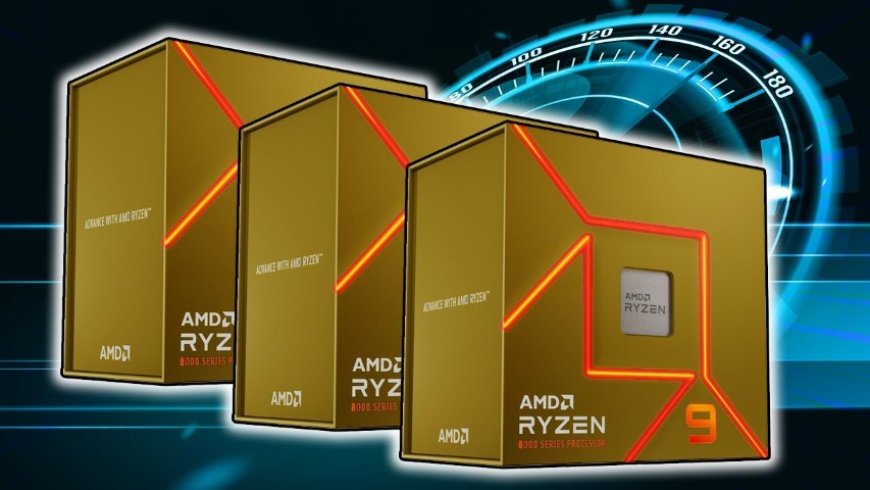AMD Ryzen 8000G series vs Nvidia GTX 1650
AMD's latest Ryzen 8000G series is reshaping the landscape for desktop APUs, How?

On January 31st, AMD launched the Ryzen 8000G Zen for its APU series. The Ryzen 7 8700G, a notable part of this series, competes with the desktop GeForce GTX 1650 in gaming performance. This launch coincides with an update to the AM5 socket, marking the introduction of the new Ryzen CPUs, representing the first in the 8000 desktop series. Despite the nomenclature suggesting a Next Generation CPU series, these processors are, in fact, Zen 4 RDNA 3 mobile silicon, now presented in a new form factor as modern desktop APU series.
These APUs seamlessly integrate AMD's latest CPU and GPU architectures, specifically Zen 4, Zen 4C, and RDNA 3 Graphics. The Ryzen 8000G series, designed for the AM5 socket, comes equipped with a built-in XDNA1 Ryzen AI accelerator. This claim is applicable to the 8-core Ryzen 7 8700G and 6-core Ryzen 5 8600G models, which exclusively utilize the larger silicon. In contrast, the 6-core 8500G and 4-core 8300G employ smaller Phoenix die, omitting the Ryzen AI processor from their configuration. The latter two models will not be available as DIY parts and can only be obtained through OEMs and system integrators.
In terms of specifications, all SKUs boast a default TDP of 65W and are packaged with integrated RDNA 3 Graphics—either Radeon 780M (12 CU), Radeon 760M (8 CU), or Radeon 740M (4 CU). AMD draws a comparison between its 8700G and 8600G models and Intel's Core i7-14700K, which features a built-in GPU based on the Xe architecture.
The Ryzen 8600G is expected to outperform the i7-14700K in 1080P low-detail gaming by a factor ranging from 1.0 times to 3.4 times. The 8700G is also anticipated to deliver superior performance, with estimates ranging from 1.1 to 4.0 times higher than the i7-14700K in a more practical scenario. AMD compares its 8700G APU with a system powered by a Core i5-13400F coupled with a GeForce GTX 1650 desktop graphics card, claiming that their solution offers competitive gaming performance and productivity benchmarks with reduced power consumption due to the absence of discrete graphics.
Although the presentation slides lack official launch prices, AMD affirms that the 8700G system will be available at a lower cost compared to the Intel-Nvidia system mentioned earlier, with a retail price set at $410. The press was separately informed of the launch prices to ensure clarity and avoid any potential confusion. However, these prices have not been disclosed here, as they might be subject to change. Reviews are expected to provide more detailed insights into the actual performance and value proposition of these AMD Ryzen 8000G APUs.







